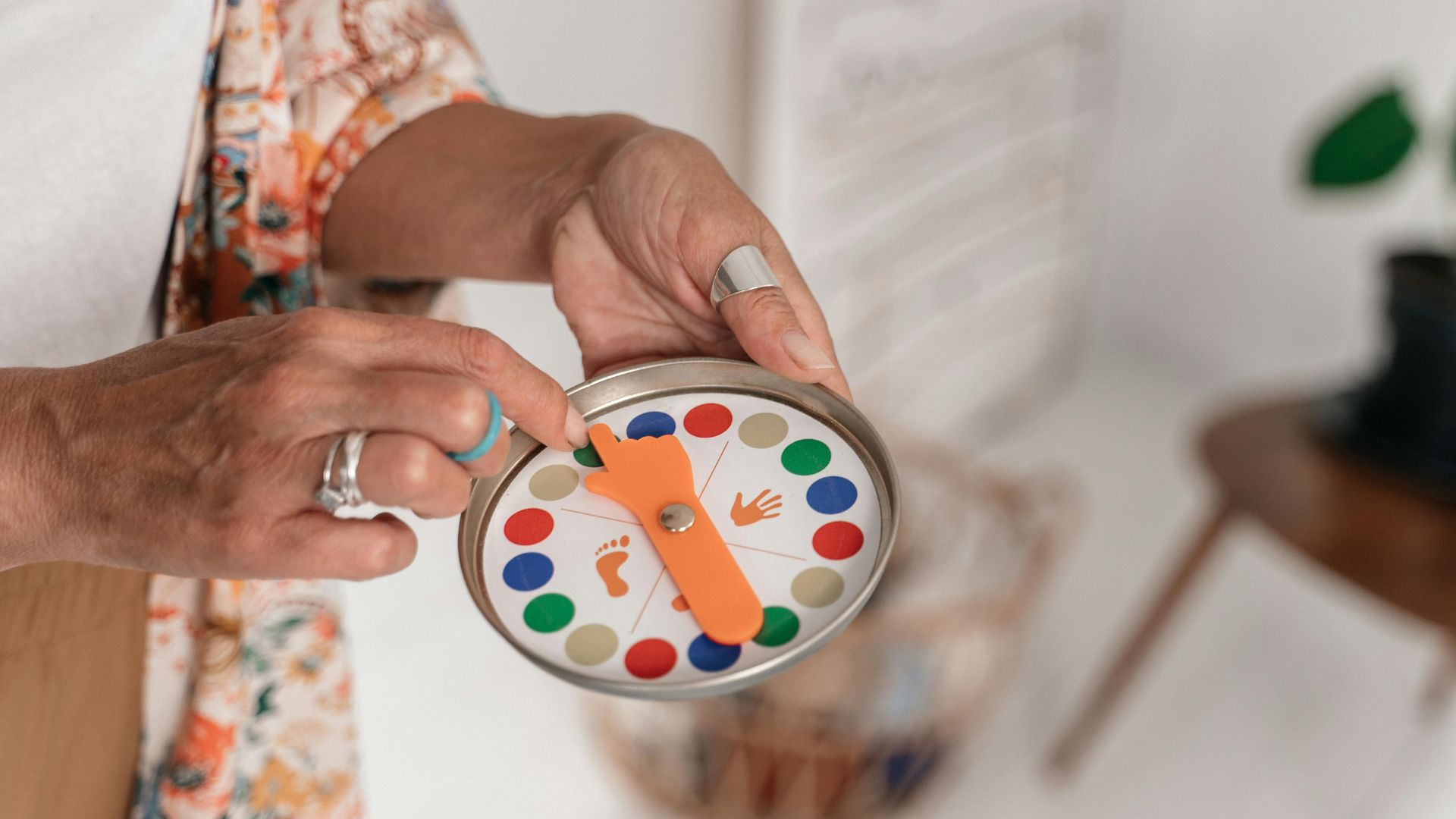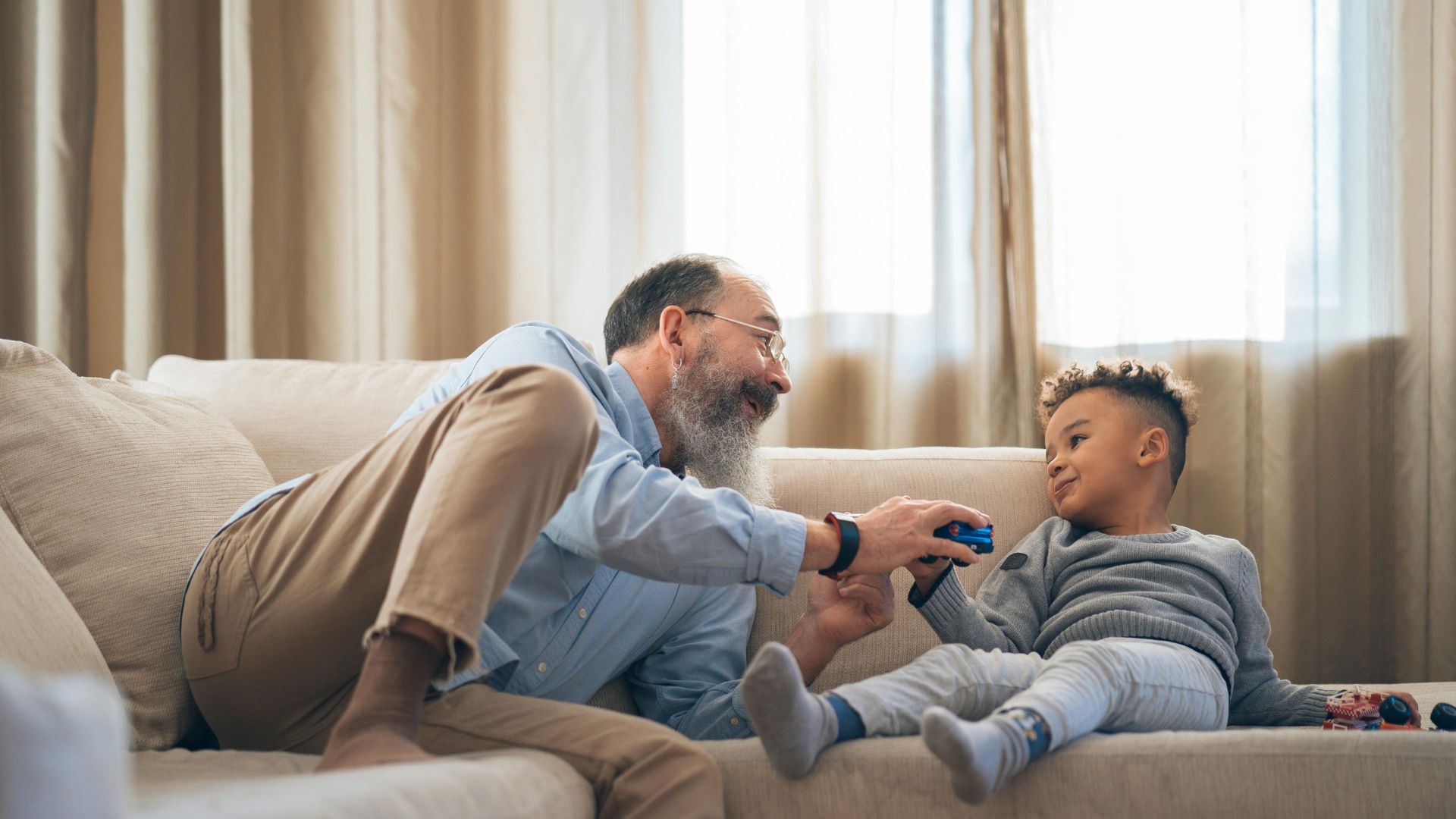Six Core Skills of Mindfulness
by Tatiana Bicknell, LMSW | Sep 2023
In DBT, Mindfulness plays a big role in every skill you learn. Mindfulness teaches us to be in the present moment to have full awareness of what’s going on within us and around us, without judgment, and actively participating in what works. Since this skill is important in building self-awareness, it helps in both DBT and CBT skills in being aware of our thoughts and emotions, being able to describe them and working through them. How can you start practicing being mindful this summer while you have the time before school starts? Before jumping into exercises, let’s look at how to become mindful. Below are the six core skills of mindfulness:
1) Observe- Observe what’s going on externally in your environment, and internally with thoughts, emotions and physical sensations. There is no right or wrong here in the experience. Don’t try to change anything, just allow it to happen and notice what’s happening.
2) Describe- Put words together on what you observed by using facts. For example, “I noticed myself feeling tired and thinking about going to bed later.”
3) Participate- Ever hear, “be present in the moment”? To participate, we want to fully engage into what we’re doing, with no judgments and “go with the flow”. Bring the self-consciousness down and allow yourself to be intuitive.
4) Non-Judgmentally- Go easy on yourself! Let’s not judge or be harsh on what we’re experiencing. For example, when getting distracted, we may think to ourselves, “Here I go getting distracted again. What is my problem?”. Instead, we can say “I realize I got distracted, let me bring my attention back to what I was doing”.
5) One-Mindful- Try one thing at a time. Multitasking has been normalized for most of us, however at times it can be non-effective in having full awareness of something. We are more likely to make better decisions when focusing on one thing at a time, as the added stress of multitasking can cause us to miss important things. If we’re scrolling through our phone while our best friend is asking for advice, we may miss important information from the story and give advice based on what parts we did hear.
6) Be Effective- Do what works! Have a goal in mind and use effective skills and behaviors. If your goal is to be asleep by 9pm, scrolling through social media right before bed (or even having the phone next to you) may not be effective in falling asleep right after and can keep you up. If winding down with a meditation before bed helps to feel relaxed, that would be an effective behavior to put in place. Nothing will change if we sit around wishing things were different.
Practicing mindfulness is not always easy. Needing to sit with uncomfortable thoughts, emotions and physical sensations can be challenging, and sometimes triggering. If you need support during triggering moments, it’s recommended to start practicing mindfulness during a session with your therapist to process and cope with those triggers.
The more we practice, the more tolerable it gets and we can gradually gain control back in our experiences. Some great mindfulness exercises to put these core skills into practice are:
- Go for a walk and notice your 5 senses (I see the leaves changing color, I hear the birds chirping, etc).
- Meditations, such as body scan or guided mindful meditation (YouTube has a lot of them!)
- Breathing techniques
- Doing every-day tasks mindfully (ex. noticing your experience brushing your teeth, the temperature of the water, what the toothpaste tastes like, etc.)
Take advantage of down time and try these exercises. I especially love doing them on walks or sitting at the beach as those are relaxing activities for me where I can focus on one thing at a time. It also has allowed me to enjoy the little things that I wouldn’t notice if I was multitasking (seeing beautiful flowers, feeling the sun on my skin). Being mindful doesn’t come naturally and we do have to remind ourselves each time. Set a time during the day where you can be mindful and take a break from being on autopilot all day!
By Tatiana Bicknell, LMSW












